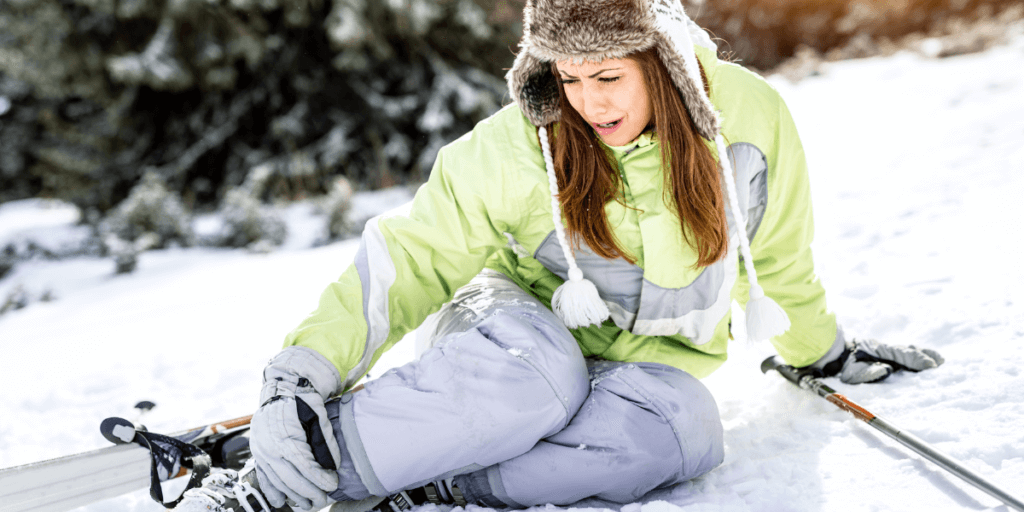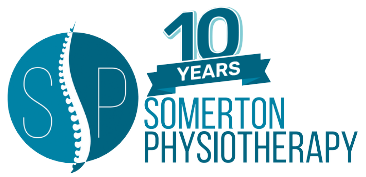Common Skiing Injuries – How Somerton Physio Can Help You?
Snowboarding-related / Skiing Injuries
It is that time of the year again when we dust off our skiing gear and head for the slopes. The popularity of skiing and snowboarding has grown significantly over the past decade despite concerns that these activities are high-risk and can lead to injury.
Snow sport-related injuries can happen to anyone of any age but a recent study shows that the populations at a greater risk of injury include children and adults over the age of 50 (Davey, et al, 2018). Other risk factors include skill level, skiing experience, trail difficulty, and increased Body Mass Index (BMI).
- Knee: Anterior Cruciate Ligament (ACL) and Medial Collateral Ligament (MCL) sprains or tears, Meniscus tears, and bony fractures
- Head and Neck: concussion and whiplash-type injuries
- Spinal: neck and lower back fractures
- Shoulder: Rotator Cuff strains or tears, bony fractures, and shoulder dislocations
- Wrist and thumb fractures

The most common time for skiing injuries to occur is usually in the late afternoon when skiers want that one last run on the slopes. At this time, the sun is beginning to set, the temperature is dropping and the snow is getting harder. Your agility, balance, and endurance are not as sharp and muscle fatigue sets in resulting in a higher risk of injury.
After a skiing injury, your emotions are high and you may lose hope of being able to return to the slopes again. You may be lacking in confidence but it is important to seek physiotherapy input quickly so that rehabilitation can commence. Getting a physiotherapy assessment as soon as you can help reduce your recovery period.
Here at Somerton Physiotherapy, our treatment includes a detailed history of how exactly the injury happened, a full assessment of the area with an explanation of the type of injury you have, hands-on work if needed and an exercise program specifically tailored to your needs. Your rehab program will target those areas needed for skiing such as lower leg strength, stability, endurance, and core strength. Your physiotherapist will work with you to guide you through your entire rehab plan until you are happy and confident and have made a 100% recovery. Our team is skilled in high-impact sports and knows how to get you back on the slopes in no time!
If you have had a skiing accident and need help, visit any of our clinics in Blanchardstown, Castleknock, or Tallaght and one of our experienced Physiotherapists will be happy to help you.
To get in touch email us on [email protected] or phone us on (01) 9069566 . Follow us on Instagram for physiotherapy and clinic Updates.
